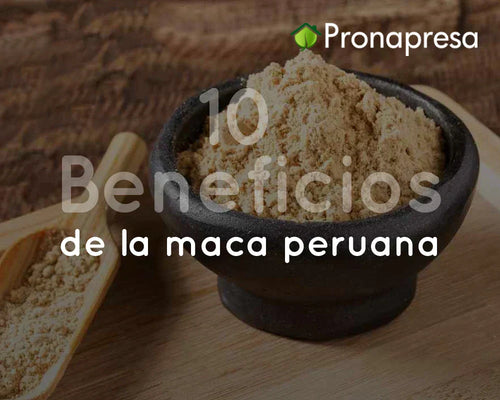
Discover how this essential mineral strengthens your skeletal system and improves your well-being.
Magnesium is one of the most important minerals for the human body, but did you know it plays a crucial role in bone health? Although calcium gets all the attention when it comes to strong bones, magnesium works quietly to ensure the skeletal system functions properly. In this article, we'll explore how magnesium contributes to stronger bones, ways you can include it in your diet, and the benefits you might experience by maintaining optimal levels of this essential mineral.
Why is magnesium important for bone health?
Sixty percent of the body's magnesium is stored in bones, making it a vital component for maintaining bone density and strength. This mineral not only acts as a structural support but also plays a role in regulating calcium and vitamin D, two essential nutrients for bone health.
Magnesium deficiency can contribute to a reduction in bone mineral density, increasing the risk of osteoporosis and fractures. Furthermore, this mineral is necessary for the formation of parathyroid hormone, which regulates calcium levels in the body.
Specific benefits of magnesium for bones
- Improves bone density: Magnesium helps maintain a proper balance between bone resorption and formation.
- Facilitates calcium absorption: Without adequate levels of magnesium, the body cannot effectively absorb and utilize calcium.
- Supports collagen production: Collagen is an essential component of bones, and magnesium plays a role in its synthesis.
- Reduces inflammation: A magnesium deficiency can lead to chronic inflammation, which can negatively affect bone health.
What does science say about magnesium and bones?
Recent studies have shown that people with low magnesium levels are more likely to develop osteoporosis, especially postmenopausal women. Furthermore, research published in medical journals has indicated that magnesium may be as important as calcium for maintaining long-term bone health.
A study in the Journal of Bone and Mineral Research found that magnesium supplementation can significantly improve bone density in older adults, reducing the risk of fractures.
How to get magnesium naturally?
Eating foods rich in magnesium is the best way to ensure you get this essential mineral. Here are some examples:
- Green leafy vegetables : Spinach, chard and kale.
- Nuts and seeds : Almonds, cashews, pumpkin seeds.
- Legumes : Black beans, chickpeas and lentils.
- Whole grains : Oats, quinoa and brown rice.
- Dark chocolate : Provides magnesium and antioxidants.
How do you know if you have magnesium deficiency?
Symptoms of magnesium deficiency include muscle cramps, fatigue, weakness, brittle bones, and loss of appetite. If you experience these symptoms, it's important to seek medical evaluation to confirm a possible deficiency.
Why does magnesium benefit your bones?
Magnesium is an essential ally for maintaining bone health, as it is involved in fundamental processes such as calcium absorption, collagen synthesis, and bone density regulation. Furthermore, its anti-inflammatory effect protects against long-term bone deterioration. Including magnesium-rich foods in your diet or considering supplementation under medical supervision can make a significant difference to your bone health and overall well-being.
Taking care of your bones isn't just about consuming calcium; it's a collaborative effort in which magnesium plays an essential role. If you want to strengthen your skeletal system and prevent diseases like osteoporosis, be sure to include this mineral in your daily routine. Your bones will thank you!























































